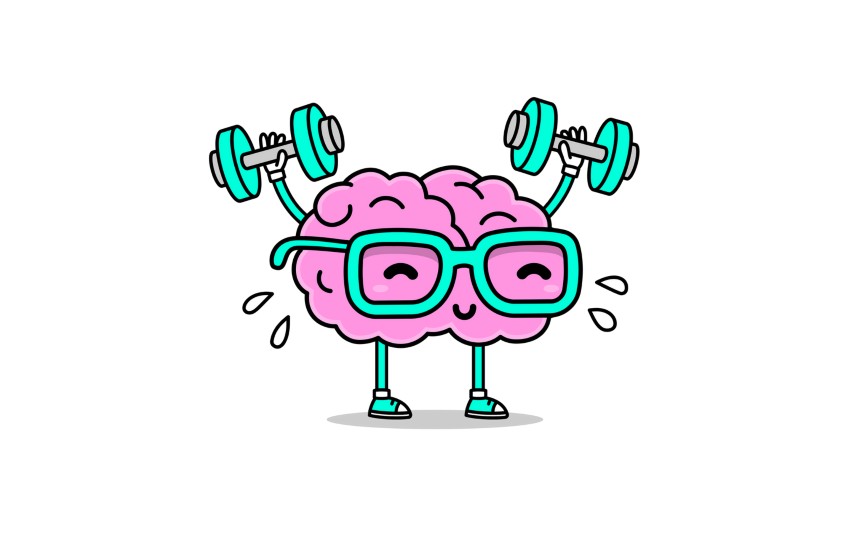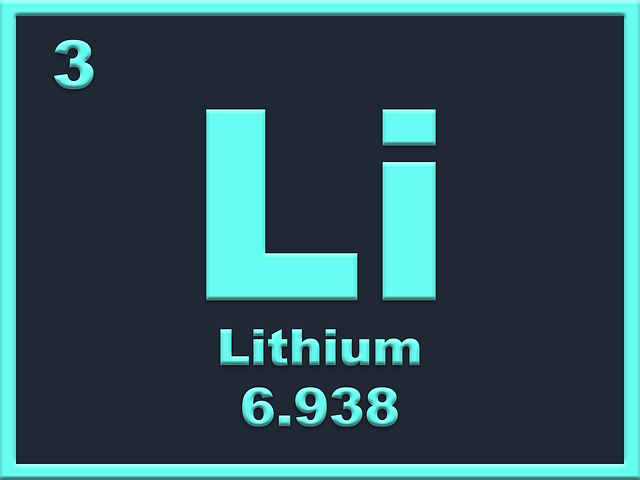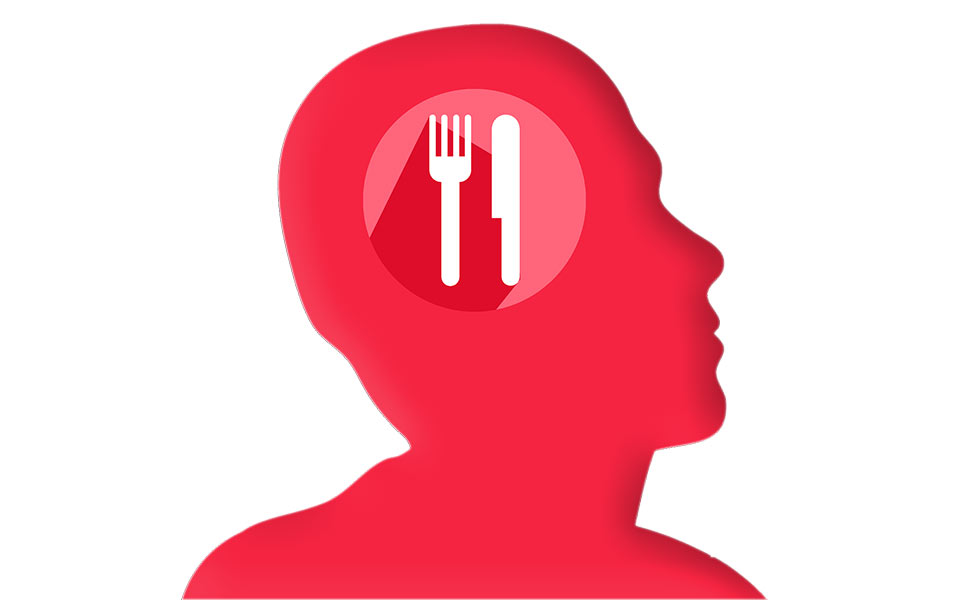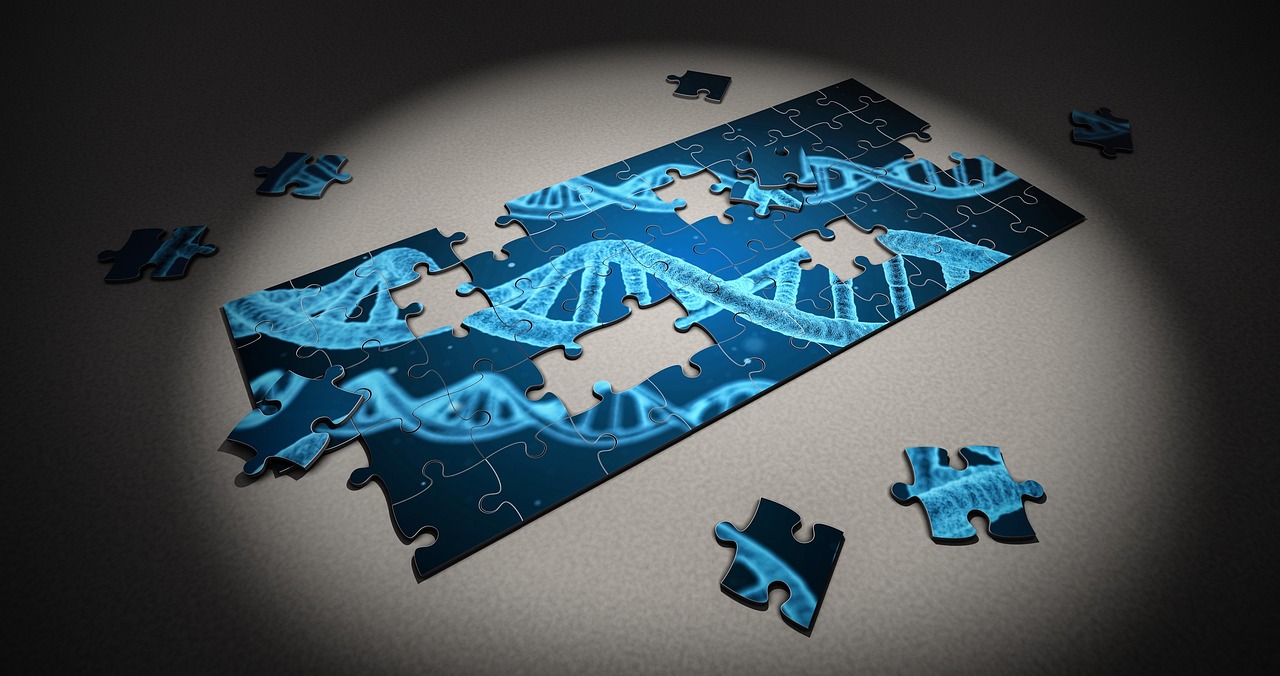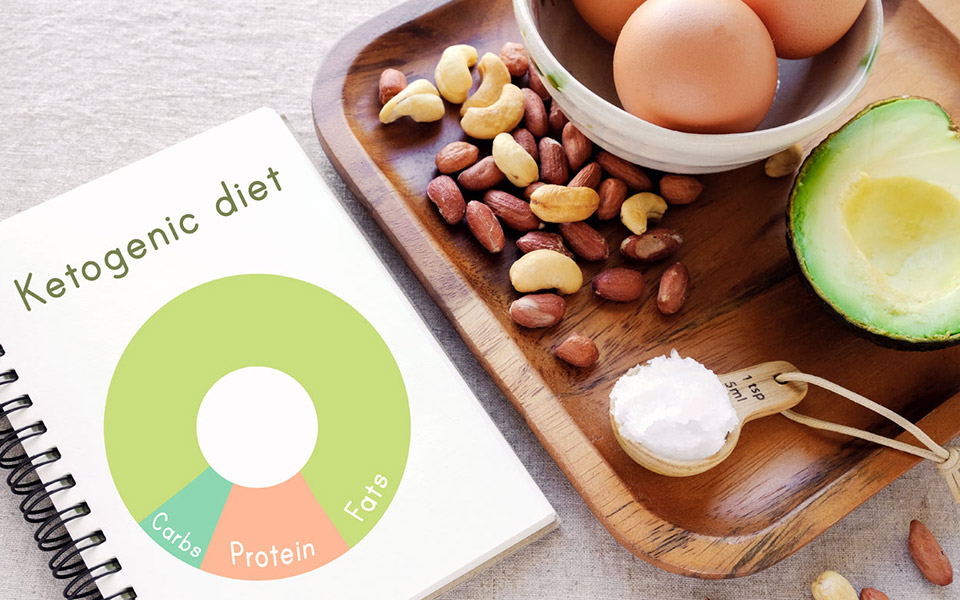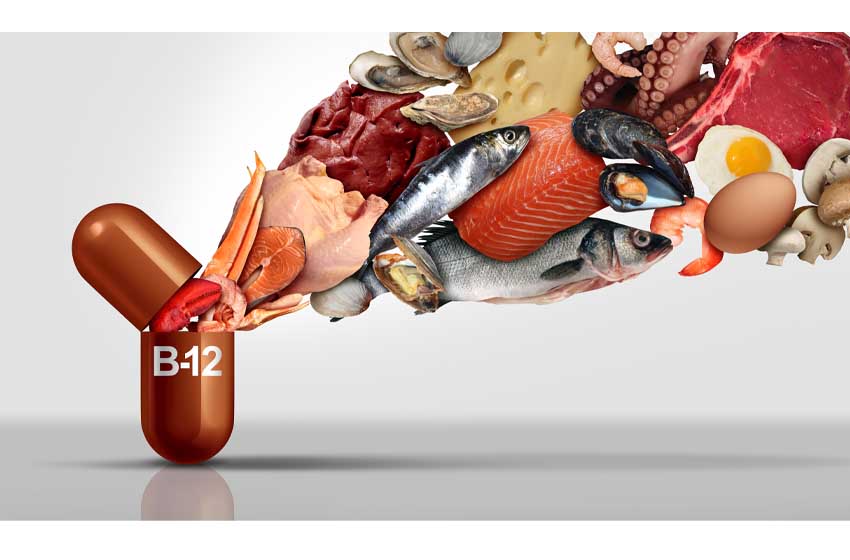When it comes to creatine, most people immediately think of sculpted muscles and athletes in the gym. But this molecule, naturally present in our body and in animal-based foods, is much more than a simple ally for physical strength. Creatine is a powerful metabolic and cellular support, useful for the brain, metabolism, aging and even mood.
A backup battery for body and mind
Creatine works like a backup battery: it stores and releases energy quickly when needed. This is essential in muscles during intense exercise, but it is even more important in the brain, which consumes enormous amounts of energy to function properly.
Under conditions of mental stress, lack of sleep, vegan diet or aging, creatine levels can decrease. This can lead to decreased concentration, mental fatigue and reduced cognitive performance.
Cognitive benefits supported by science
In recent years, a growing number of studies have examined the effects of creatine on the brain. The evidence is compelling: supplementation can improve short-term memory, concentration, and mental endurance. Some studies also suggest positive effects on executive function (such as planning and problem-solving), with benefits that are particularly pronounced in the elderly, vegetarians, or those experiencing stress.
A 2021 review of more than 1.000 studies found that creatine not only has positive effects on energy and metabolic health, but may help lower cholesterol, stabilize blood sugar levels, and even reduce the risk of stroke.
Cellular Protection and Mitochondrial Health
In addition to its cognitive effects, creatine appears to have a protective role at the cellular level. It may act as an indirect mitochondrial antioxidant, stabilize cell membranes, and potentially protect the brain from oxidative stress, a phenomenon implicated in several neurodegenerative diseases.
Women, Vegans and the Elderly: Who Could Benefit Most
Women naturally have lower creatine levels than men, and the diet often contains less of it – especially during sensitive phases such as pregnancy, breastfeeding or menopause. Even vegans, who do not get creatine from meat or fish, may have lower than average stores. This can result in chronic fatigue or difficulty sustaining physical and mental efforts.
Recovery and mental well-being
Creatine is being studied for use in the recovery from brain injuries, such as concussions in children. Additionally, some research suggests that it may alleviate symptoms of depression and anxiety—mitigating these disorders when they occur in perimenopause—possibly by improving brain metabolism.
How to take it (without complicating your life)
The most common and studied form is the creatine monohydrate, sold as a powder to dissolve in water. A daily dose of 3 to 5 grams is considered effective and safe for most adults. Other forms, such as creatine HCl or ethyl ester, are available but offer no clear benefits based on current knowledge.
Creatine, then, isn’t just for weight lifters. It’s a safe, well-studied supplement that can have significant impacts on mental health, stress resistance, and brain aging. If you’re a vegetarian, under pressure, or experiencing mental fatigue, it might be worth considering.
Source:
Kreider RB, Stout JR. Creatine in Health and Disease. Nutrients. 2021 Jan 29;13(2):447. doi: 10.3390/nu13020447. PMID: 33572884; PMCID: PMC7910963.


